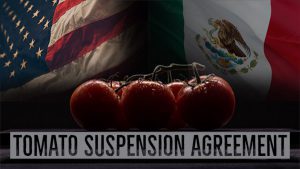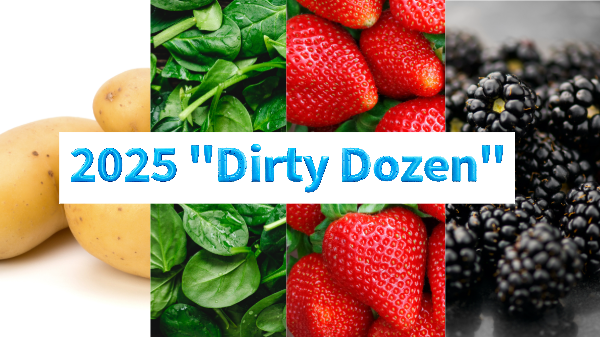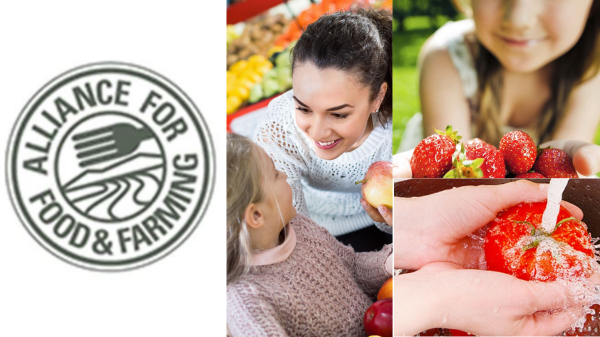Welcome to Blue Book!
Are you ready to join the thousands of companies who rely on Blue Book to drive smarter decisions? View our plans and get started today!
Still have questions? We’d love to show you what Blue Book can do for you. Drop us a line– we’ve been waiting for you.

As the produce industry met in Washington, DC, for its annual lobbying conference, tomato suspension agreement debate heated up, and the 2025 “Dirty Dozen” dropped.
Washington
Every June the produce industry meets for IFPA’s Washington Conference, and this year attendees spoke with their Congress representatives about the farm bill, ag labor problems, food safety, and trade.
It was a lot to keep track of, but there was also a simple message urged by IFPA CEO Cathy Burns: fight for fresh.
The Make America Healthy Again (MAHA) movement is a massive opportunity for fresh produce, because no food can do that as well as fruits and vegetables.
Any food policy that doesn’t boost produce is a betrayal of the MAHA spirit. Fruits and vegetables are way underconsumed and Americans are heavier and less healthy than ever.
If attendees couldn’t keep track of all the lobbying points this week, they could use this simple angle: fruits and vegetables are the whole food that improves public health.
Dirty Dozen
As the industry was fighting for fresh produce in the nation’s capital, the perpetually irritating Environmental Working Group (EWG) released its annual shoppers guide discouraging produce consumption, also known as the “Dirty Dozen.”
Of course, EWG says it supports produce consumption, but that’s way down its list after scaring consumers with unscientific claims that fruits and vegetables have too much pesticide residue.
Both the Alliance for Food and Farming and IFPA released statements criticizing the “Dirty Dozen” as dangerous and counterproductive to public health, and harmful to American growers.
Both also say EWG ignores that the USDA’s Pesticide Data Program consistently finds that produce sold in the United States meets or exceeds the EPA’s strict safety standards.
Hopefully, legacy media ignores the EWG’s scare tactics.
This year’s release during generational work on improving public health is as tone deaf as when EWG released its list during the start of the pandemic five years ago.
EWG: Read the room.
Tomato Suspension Agreement
In April, the U.S. Department of Commerce announced its intent to withdraw from the 2019 Agreement Suspending the Antidumping Investigation on Fresh Tomatoes from Mexico, with termination effective in 90 days, or mid-July.
Florida Tomato Exchange (FTE) leader Robert Guenther told Blue Book that the agreement fails to protect U.S. tomato growers, and there’s strong domestic support for ending it.
However, Guenther’s former colleague at United Fresh, Tom Stenzel, Executive Director of the Controlled Environment Agriculture Alliance, told Blue Book that its members support a renegotiation of the suspension agreement, not termination, and a more stable marketplace for tomatoes.
Stenzel said FTE’s problem isn’t so much with Mexican tomato imports but rather, “it’s with the greenhouse revolution that has taken over the tomato marketplace in the past 30 years. Consumers have overwhelmingly chosen greenhouse-grown tomatoes for their better taste and quality. Greenhouse-grown tomatoes, whether grown in Canada, the United States, or Mexico, are simply winning the consumer vote.”
We will keep an eye on what the Commerce Department does in the next month. Ending the agreement next month would certainly not lead to a stable tomato marketplace.







